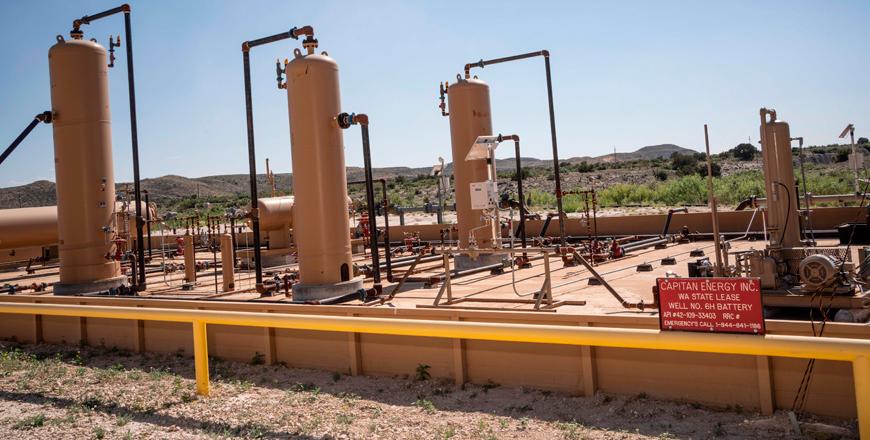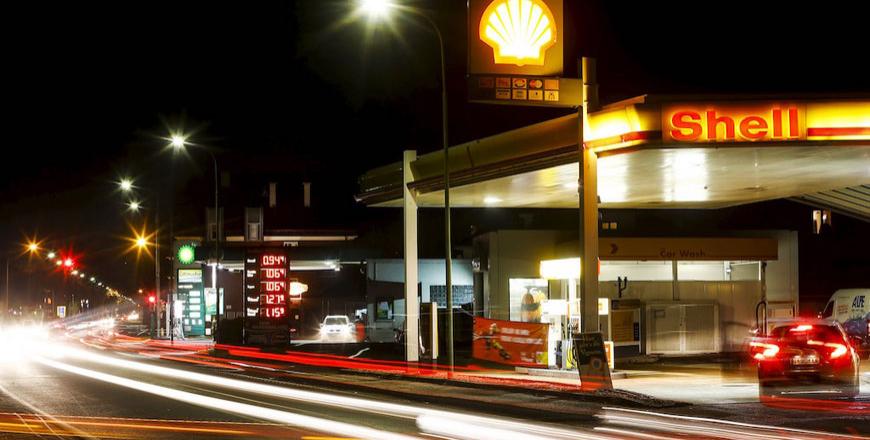You are here
ConocoPhillips to acquire shale oil firm Concho
By AFP - Oct 19,2020 - Last updated at Oct 19,2020

This photo shows equipment at a fracking well at Capitan Energy, on May 7, in Culberson County, Texas (AFP file photo)
NEW YORK — US petroleum giant ConocoPhillips announced on Monday it would acquire Texas-based shale oil rival Concho Resources in a transaction valued at $9.7 billion.
The acquisition comes as global oil giants have struggled in recent months amid the COVID-19 pandemic that caused a slowdown in the global economy and a plunge in the price of crude.
“The leadership and boards of both companies believe today’s transaction is an affirmation of our commitment to lead a structural change for our vital industry,” ConocoPhillips CEO Ryan Lance said in a statement.
Together the two companies will produce 1.5 million barrels a day and become a major player in the Permian Basin area straddling New Mexico and Texas, which is rich in hydrocarbons.
“The combination is remarkable. Just in regards to scale, ConocoPhillips is adding enough Permian production to nip at the heels of ExxonMobil’s massive programme,” Robert Clarke, vice president at Wood Mackenzie, said in an analysis.
After plunging in the pandemic’s early weeks, oil stabilised at around $40 a barrel in the third quarter but that is still below a profitable level for many producers, which have borrowed heavily in recent years and now are seeing profits in the red.
Several companies have filed for bankruptcy or come close, while the sector has seen a wave of acquisitions, with Chevron buying oil and natural gas producer Noble for $5 billion in July, and Devon Energy acquiring WPX Energy in September.
The transaction between ConocoPhillips and Concho is set to close in the first quarter of next year. Under the terms of the agreement approved by both boards of directors, each share of Concho will be exchanged for 1.46 shares of ConocoPhillips stock.
This represents a 15 per cent premium to the closing price on
October 13.
The two companies have a total of approximately 23 billion barrels in reserve at a cost of less than $40 a barrel.
They expect to be able to make savings of around $500 million per-year by 2022.
Related Articles
NEW YORK — Rising crude prices drove huge profits for US oil industry giants, but key figures in the sector have raised concerns about low i
NEW YORK — ExxonMobil will acquire Denbury Inc., a specialist in enhanced oil recovery and carbon sequestration, for $4.9 billion as it buil
LONDON/HOUSTON — As oil and gas companies cut ever-deeper into the bone to weather their worst downturn in decades, boards have adopted cont

















